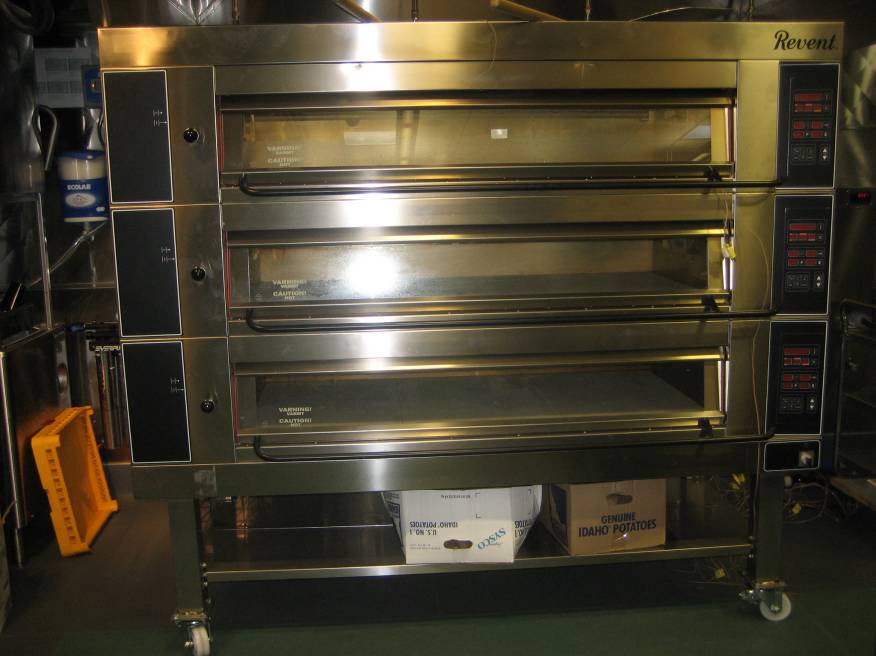Project Info
COMPLETE
 Project Title
Project Title
 Project Title
Project Title
Deck Ovens
Project Number ET09SCE1080 Organization SCE End-use Process Loads Sector Commercial Project Year(s) 2009 - 2011Description
This project involves Lab testing a total of 5 Deck ovens to ASTM standard F1965. ASTM standard F1965 measures preheat energy, idle energy, and heavy load cooking energy efficiency. Testing will be performed at the Foodservice Technology Center, Irwindale.
Project Report Document
Loading PDF Preview...
